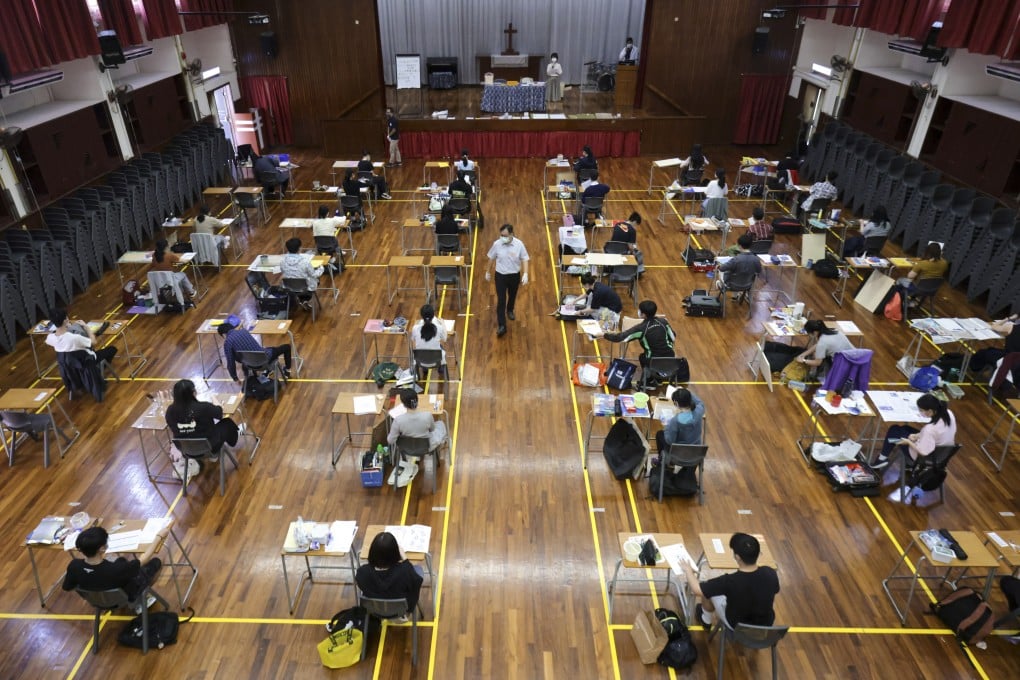Advertisement
Hong Kong DSE vocational courses hit record high as extra lesson time released by end of liberal studies and changes to other subjects
- Number of candidates taking vocational courses at DSE level jumps by 2,900 from 4,600 in 2023 to 7,500 this year
- Education expert says up to 100 hours of classroom time freed by abolition on liberal studies in favour of new citizenship and social development course
Reading Time:2 minutes
Why you can trust SCMP
2

A record number of Hong Kong secondary school pupils have opted for vocational subjects for the city’s university entrance exams, with cafe operations and Western cuisine top of the list.
Hong Kong Examination and Assessment Authority (HKEAA) figures showed the numbers taking practical courses had jumped by 70 per cent.
An education expert on Tuesday attributed the move towards applied learning subjects to more lesson time being made available after the liberal studies curriculum was changed and renamed.
The alterations have also led to almost double the number of pupils deciding to sit three elective subjects – up from nearly 20 per cent in 2023 to 40 per cent this year – with biology and chemistry the most popular choices.
“As a result, more students chose to study some applied learning subjects and one more elective,” said Ng Po-shing, the guidance consultant of the youth-focused NGO Hok Yau Club.

He was speaking after the HKEAA revealed the number of candidates sitting university entrance exams – the Diploma of Secondary Education (DSE) – this year had dropped slightly by 20 pupils to 50,803, the second lowest figure since its introduction in 2012.
Advertisement